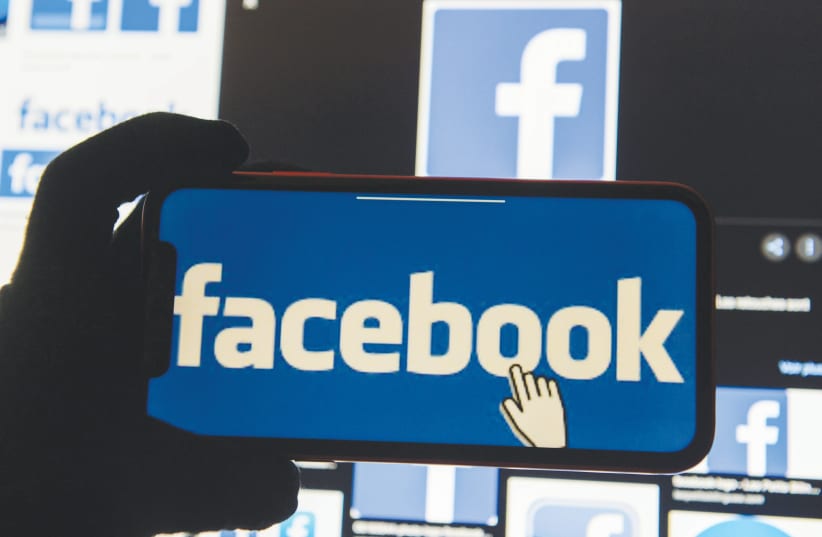Recently, Facebook made a move to ban a number of groups belonging to the aforementioned demographic with member numbers amounting to tens of thousands, with only a few having been reinstated later on.Moderators of some of these groups have slammed the move as being discriminatory and inciting against free speech. Moreover, the removal of the groups is seen as taking away an essential social platform used as a tool for people to gather and communicate with each other amid the coronavirus era.
"The majority of the members in the now-deleted groups are refugees from the former Soviet Union. Many of them are ‘refuseniks’ who had to fight for their right to live in a free country,” Svetlana, a moderator for Russian American Ashkenazi Jews, told JNS.
Svetlana added that “denying them their right to free speech so close to this year’s most important election is both disconcerting and unacceptable.”
Another moderator of the Russian American Ashkenazi Jews Facebook Group named Eugene Luskin told JNS that his family had not only escaped Stalinism but also Nazism, and he couldn't imagine “a total crackdown on the freedom of speech yet" in the United States as well.
Moreover, he also explained that the Facebook groups serve as a social forum for the Russian-American Jews to communicate.
Four years ago before the 2016 elections, Facebook and other social media giants such as Twitter and Google came under fire for not monitoring the spread of fake news and false information enough. In the last few years and even months, however, the social media giants have begun implementing a crack down on the spread of information with fact checking and policy reforms.
Just recently, both Twitter and Facebook announced they would remove content that denies the Holocaust.
Some users feel as though the crackdown has gone too far and amid stronger than regular tensions, and an only growing split between bi-partisan parties, there is also a disagreement on the policy reformation with questions raised on the subject of free speech.
